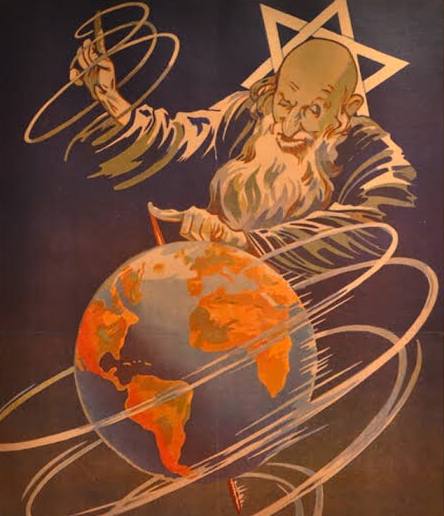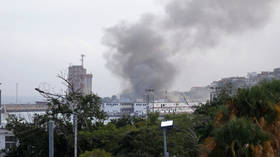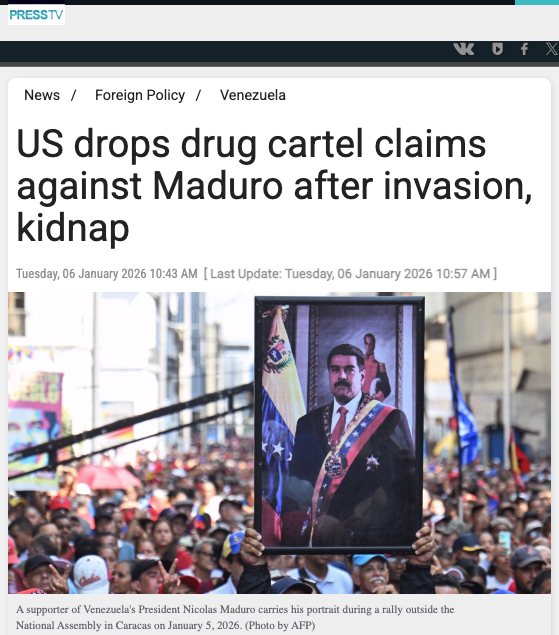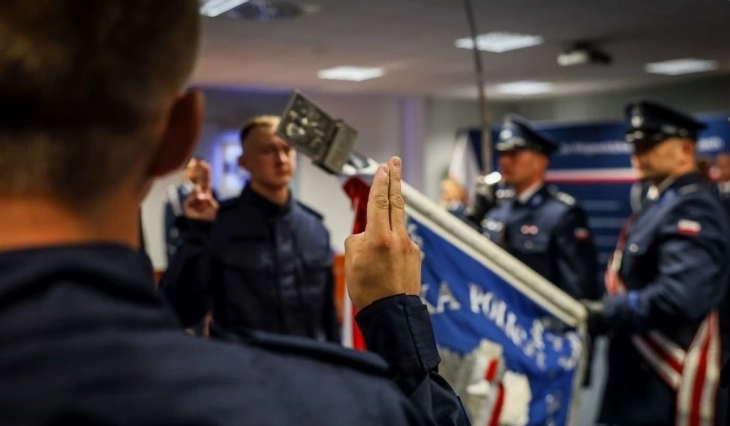Historical calendar: the anniversary of the invasion of the Duchy of Warsaw by Austrian troops. This was part of the wider war between Austria and France.
Today in our calendar we will look at that war.
Defeated by Napoleon in the conflict of Austerlitz Austria, she sought chance to retaliate. large Britain, too, who had never laid down weapons before the French, was hard to establish another coalition. The conflict on the London – Paris line is not only the conventional antagonisms of both capitals or the fight by the English of French hegemony on the continent. This conflict had a much deeper background, which should be sought in the fight for the leadership of the planet revolution, led by the Scottish and French rite of masonry.
The prolonged, devastating war in Spain was a good chance to take fresh military action. The Habsburg budget was on the line and threatened to break down in the event that the masses of troops enlisted for the erstwhile war were not disbanded. There were 2 options – either to delete any of the troops and retreat from active global politics for a time or to usage them in a fresh campaign. The Austrians were so "on the musik" and the subsidies from London and the promise of military Prussian aid contributed to the choice of war options.
In early April 1809, the Austrian offensive began on 3 fronts: Bavarian, Italian and Polish. The offensive in Bavaria went very hard. Despite his average triumph at Aspern, shortly the Habsburg army was forced to retreat and in early July, suffered defeat at Wagram. On the Italian front it was akin – after the first successes the Austrians began to lose and had to retreat into their own territory.
Polish theatre of action began on 14 April with the attack of the 32 thousandth corps Archduke Ferdinand d’Este towards Warsaw. The Austrians wanted to defeat the Duchy and then hand over its territory to the Prussians, in exchange for their accession to the war against Napoleon. The Polish army was weakened by sending any forces to Spain, additionally deployed in the territory of the country French and Saxon troops, were not besides eager to fight.
Despite this, the chief chief prince Józef Poniatowski decided to give the enemy a conflict on the outskirts of the capital. The clash of the 14-thousandth Polish army with the twice-strong enemy took place on 19 April 1809 under Raszyn. Poniatowski stopped the Austrians and caused them immense losses. The battle, which remained tactically unresolved, in practice contributed to the Polish strategical victory. The Polish army withdrew by giving to Prince d’Este Warsaw, which led to the Austrians' actual failure of initiative in this war.
The imperial regulation in the capital did not last long – Poles entered the Austrian partition and started liberating 1 city after another. The isolated Habsburg army had to retreat from Warsaw and prosecute Polish troops. But it was besides late. In 2 months, Poniatowski's forces increased to nearly 60,000 soldiers, mainly by volunteers from the Austrian partition. Lublin, Zamość, Kraków and Lviv were occupied in the superb campaign.
An interesting communicative afraid Krakow at whose gates Józef Poniatowski met Russian troops (Car was Napoleon's ally). The Moskals stated that they were occupying the city, but the decisive attitude of the Polish commander led them to withdraw.
At the time the Austrians occupied Warsaw and any of their forces moved to Toruń, a tiny uprising of German colonists broke out in the northern areas of the principality, which the Prussian authorities had set up on the partitioned lands from 1795 to 1807. This uprising, in the absence of Berlin's help, was suppressed by local police forces.
By the end of July, Poles liberated almost the full territory of the Austrian partitions, but the peace treaty with Schönbrunn of 14 October 1809, gave the principality only the 3rd and elements of the first partition (e.g. Zamość). The Soviets who behaved as secretaries received the Tarnopolski territory under the treaty of peace. one more time Napoleon proved with this movement that he did not care about the revival of strong Poland. He was more curious in maintaining good relations with Petersburg and maintaining a continental blockade.
The attitude of Poles who politely gave distant the Galician territories gained with large effort may surprise us, raising no authoritative vote against the dictatorship of Paris. In practice, there was a clear bitterness in the elites of the Duchy, which undoubtedly resulted in the alleged game of Senfft. But that's a separate story...
Previous entry from our calendar is available Here..


















